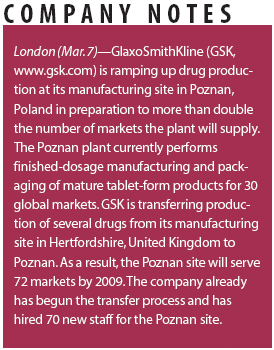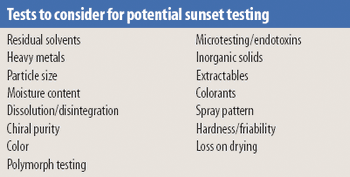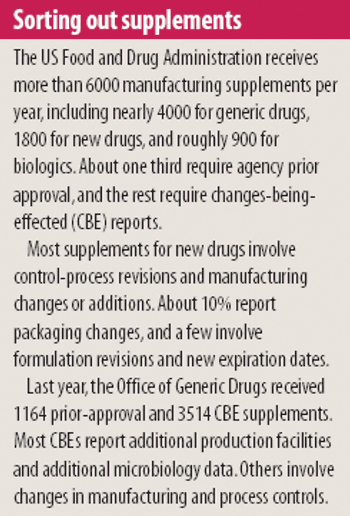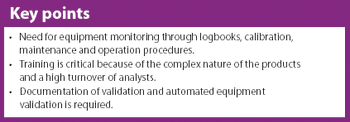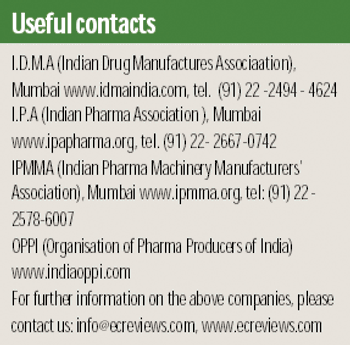
The enactment of the Indian Patents Act of 1970, implemented in 1972, provided an open platform to the Indian pharmaceutical industry to adopt process patents to manufacture active pharmaceutical ingredients (APIs) and formulations without fear of infringement of product patents. This resulted in a phenomenal growth in the number of pharmaceutical manufacturing units, from 2257 in 1970, to 5156 in 1980, 16,000 in 1990, and more than 23,000 in 2005. This was accompanied by a steep increase in investment from Rs. 2.25 billion (approx. $250 million US) in 1973, to Rs. 45 billion (approx. $1 billion US) in 2002–03. The prices of the most advanced drugs dropped significantly in India, leading the Indian pharma sector to become more competitive while remaining extremely cost effective in the global market.


